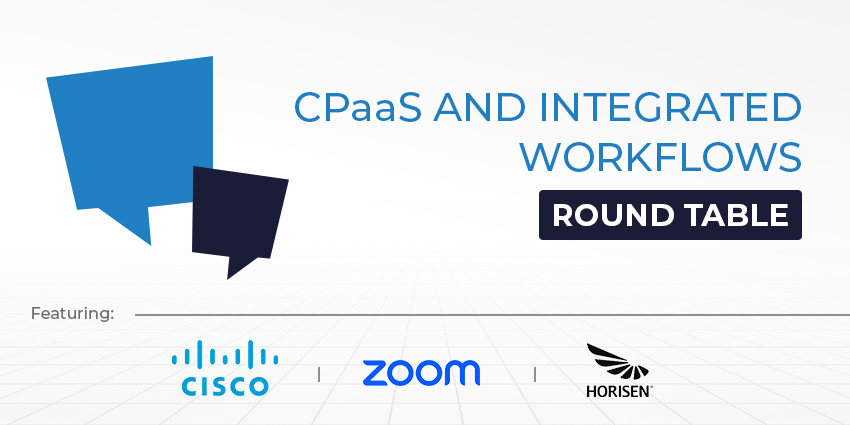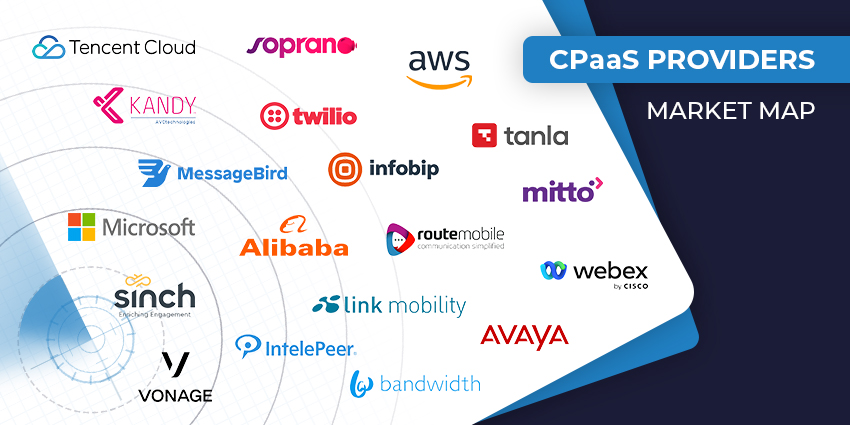Twilio have always embraced the developer community to enable enhancements to be made to communications platforms. This week they have announced general availability of another platform to enable further solutions to be developed.
Twilio Programmable Wireless is a cellular communications platform that uses simple APIs to enable a wide-range of internet solutions. The Internet of Things (IoT) has generated huge interest over the last few years and now Twilio’s developer focused connectivity provision will be accessible to millions of users via their platform.

Twilio’s Head of IoT business Chetan Chaudhary and Evan Cummack their Principal Product Manager were available to explain more about the new solution. Chetan explained the reasoning behind the new development.
“We felt the paradigm of write once and deploy globally, as you do with software, doesn’t really exist within the world of IoT today. It has to-do with connectivity and the different connectivity options. Our goal was to be able to provide that unifying connectivity for IoT devices, and be able to provide developers access globally.”
Even with the hype around IoT, and the possibilities it brings in terms of connected devices, there is common consensus that we are at the very threshold of its capability. It is forecast that over the next 2-5 years there could be billions of connected devices leveraging the power of the internet for an infinite variety of functions, many of which have not yet been imagined.
“It’s a fundamental belief that we have, if we can lower the barriers to entry and create equal access for developers, whether that’s hardware or software, it enables innovation”
Previously it has been a challenge for businesses and developers who are creating internet-connected devices to find connectivity solutions that meet their requirements. The existing connectivity providers have been slow to embrace the developer community with traditional systems and procedures deterring and slowing adoption. This has restricted development to larger organisations and has favoured the enterprise class environment. Twilio’s now widely available solution will make a uniform connectivity service available to all players using Twilio’s usage-based pricing model.
Evan Cummack is excited to see the potential use cases for IoT devices now Twilio have enabled wider uptake and also explains how widespread development is critical to the growth of IoT industries.
“You need more developers building more use cases, not every application is going to succeed. You need a lot of people trying a lot of different things. Connectivity is one of the most important platforms and being able to get out there and get connectivity for the entire world in a way that’s easy to understand is really important.”

All devices that connect to the internet require a subscriber identification module (SIM), that is a standard component in every mobile phone today. As part of Twilio Programmable Wireless, Twilio will provide developers with SIM cards that give them access to connectivity in more than 120 countries worldwide.
As well as the broad availability Twilio have ensured a developer-friendly, API-first platform that enables developers to begin building IoT solutions.
By creating such a widely available connectivity platform for developers, Twilio are at the forefront of promoting innovation and enabling creativity worldwide. Just as Twilio say on their very own SIM cards, it will be fascinating to see what the community is now able to build.






